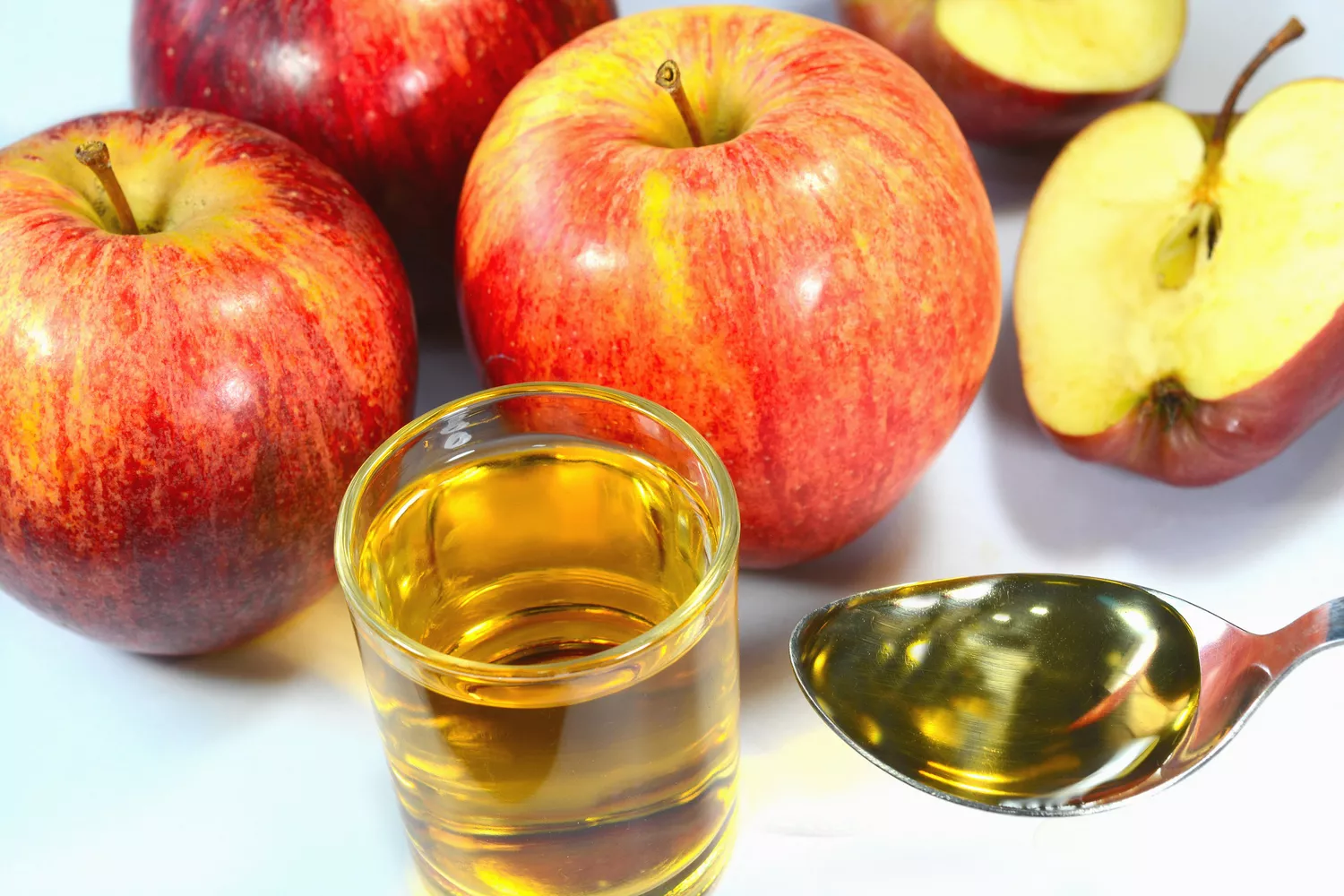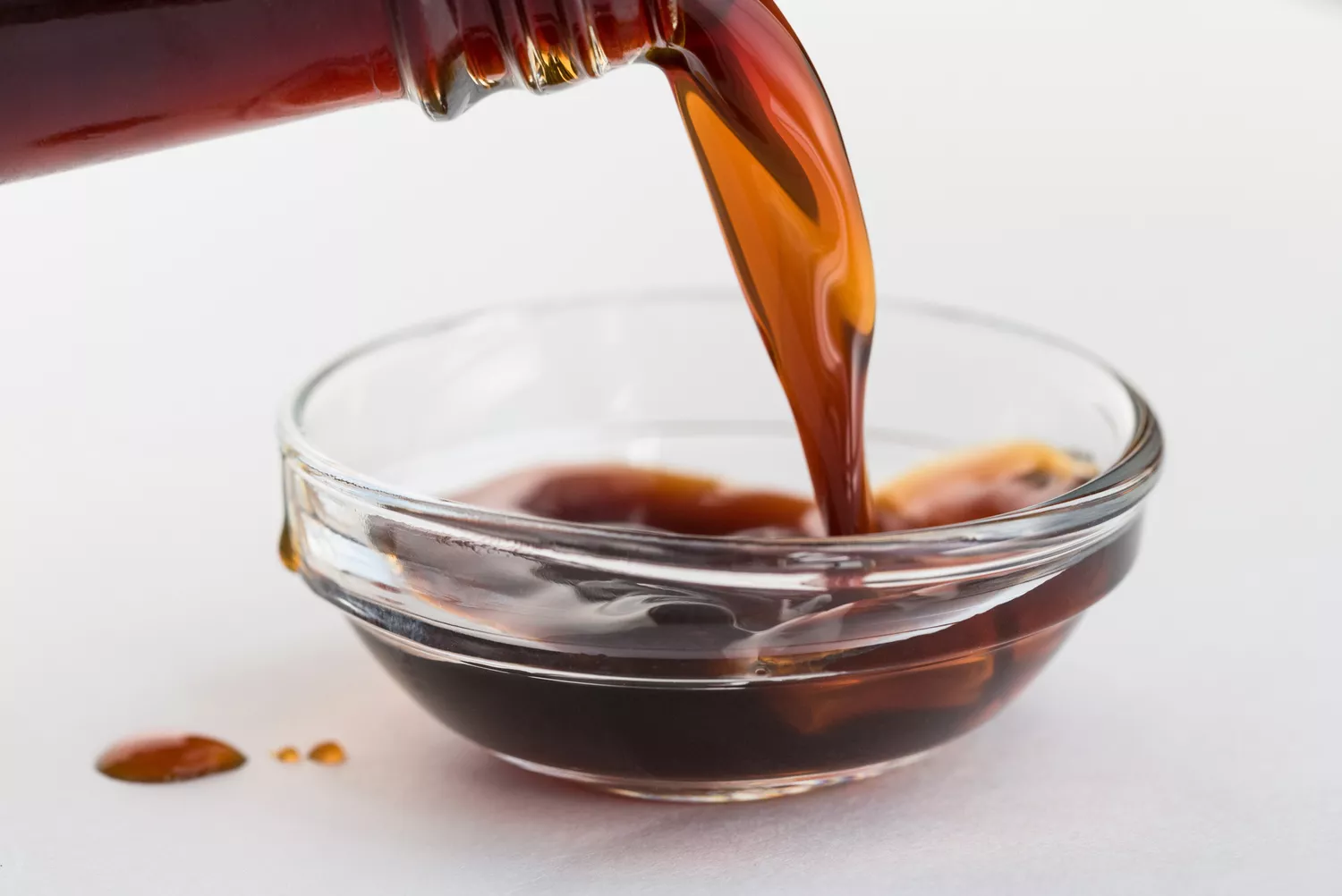Apple cider vinegar is made from fermented apple juice. Apples are crushed, and the leftover juices are fermented and bottled. This ingredient includes a tart taste to tasty recipes like salads and stir-fries.
Though it is most commonly used to make liquid condiments like salad dressings, marinades, vinaigrettes, and chutneys, it likewise can be used in sweet recipes like mixed drinks, mocktails, fire cider, and even vegan cakes.
While it is most likely you have actually seen apple cider vinegar promoted for having various health advantages, most of these are not supported with research. Since it is often consumed in small amounts, it does not have a substantial impact on your everyday nutrition. But, its taste contributions to meals are significant.

Since it is made from apple juice, lots of discover the taste to be pleasant and like what it contributes to dishes and beverages. Nevertheless, some people might need a substitute for apple cider vinegar whether it is since they have actually gone out or just do not care for it. You might have success replacing apple cider vinegar in recipes with one of the following alternatives.
Why Use an Alternative?
Allergies to apple cider vinegar are unusual, however some individuals may have level of sensitivities. Because vinegar is a product of fermentation, some of the by-products of that fermentation (like salicylates or sulfites) are present in apple cider vinegar, and anybody with level of sensitivities to these elements might pick to utilize an alternative.
Vinegar has a taste often described as sour or tart and the taste of apple cider vinegar is specifically distinctive. While it is one of the more enjoyable kinds of vinegar, it might not be everyone’s preferred. Swapping out apple cider vinegar for one you enjoy more is a crucial reason to seek an option.
If you utilize apple cider vinegar regularly, you might go through a bottle quickly. Running out of apple cider vinegar or not having any on hand, to begin with, is another factor to utilize a substitute. While apple cider vinegar is generally cost effective and accessible, other kinds of vinegar may be much more cost effective and simpler to discover.
Apple Cider Vinegar Nutrition
The nutritional info for 1 tablespoon (15 milliliters) of apple cider vinegar is provided by the USDA.1.
Calories: 0.
Fats: 0g.
Sodium: 0g.
Carbohydrates: 0g.
Sugars: 0.4 g.
Fiber: 0g.
Protein: 0g.
Due to the fact that it is consumed in small amounts, apple cider vinegar is not a substantial source of micronutrients or macronutrients. It likewise is an appropriate condiment for a range of meal strategies. For those without intolerances to apple cider vinegar, it is a great vegan-friendly, gluten-free, and low-sugar choice.
Popular Substitutes.
As long as there’s no sensitivity to its parts, the very best replacement for apple cider vinegar are– you guessed it– other kinds of vinegar. These apple cider vinegar substitutes can be used at a one-to-one ratio to replace the sour tastes in savory recipes.
White Wine Vinegar.
Gewurztraminer vinegar is most likely the most convenient to find and most cost effective amongst various kinds of vinegar. If you are not a fan of apple cider vinegar or can not appear to find it, grab a bottle of gewurztraminer vinegar rather. It is a versatile and reputable component.
In recipes, gewurztraminer vinegar has a taste that is a little less strong than apple cider vinegar. It is missing out on the fruity flavor, this reality might actually be a benefit for individuals who find apple cider vinegar too strong. Nutritionally, apple cider vinegar and gewurztraminer vinegar are nearly the same. Both are utilized in such little amounts that they contribute practically no macronutrients or micronutrients.
Balsamic Vinegar.
If you are making salad dressing or vinaigrette, balsamic vinegar is an excellent replacement for apple cider vinegar. Due to the fact that it is made from grape juice, it has a similar fruity undertone to apple cider vinegar, though the taste is sharper and sweeter. It is likewise often described as wine-like, which is fantastic for cooking.
While balsamic vinegar does include slightly more calories (energy) than other vinegars it still includes an unimportant quantity of macronutrients and micronutrients.
Red Wine Vinegar.
There are many types of vinegar, so it can be challenging to distinguish between them. Red wine vinegar stands out for its deep red color and tasty taste. As the name suggests, it is made from fermented red wine. It does not consist of more than minute traces of alcohol. Like other vinegars, red wine vinegar is not a substantial source of macro or micronutrients.
Sherry Vinegar.
Like red white wine vinegar, sherry vinegar is also made from red wine. If you are looking for less overpowering vinegar, sherry vinegar is an excellent choice.
Sherry vinegar is not a substantial source of any micro or macronutrients. Both apple cider vinegar and sherry vinegar are devoid of fat and carbs. Nevertheless, sherry vinegar contains a little more calories and protein, and apple cider vinegar consists of more sugar.
Lemon Juice.
While lots of alternatives for apple cider vinegar are other types of vinegar, this may not work for individuals who do not take in vinegar due to intolerances. Like apple cider vinegar, it is both fruity and acidic.
Lemons likewise include a percentage of micro and macro nutrition to meals.6 While the quantity used is still little, even a capture of lemon contributes a percentage of vitamin C.



